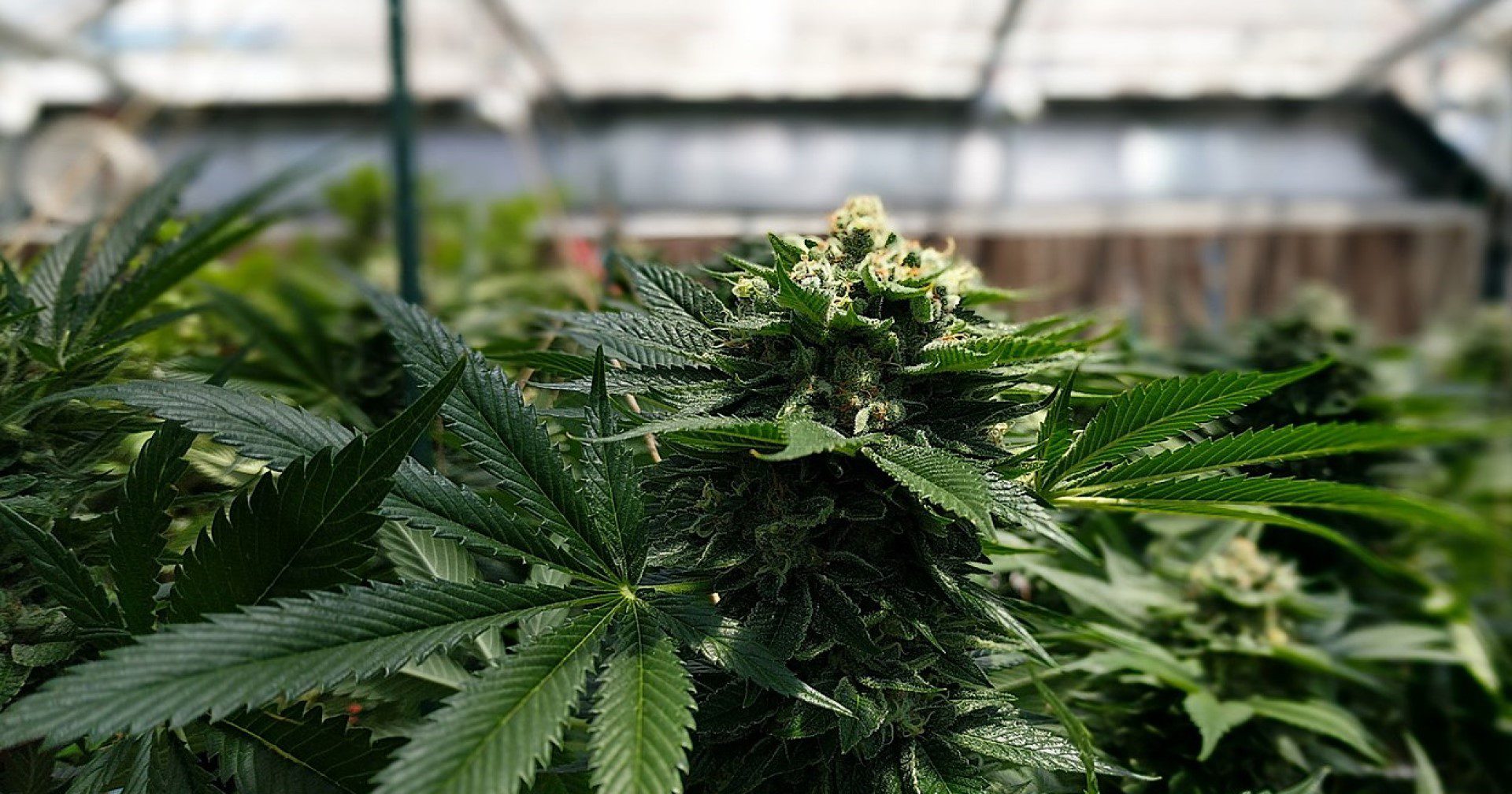Science
Researchers Discover Genetic Factors Behind Cannabis Use Patterns

A groundbreaking study has uncovered genetic links to cannabis use, revealing why some individuals use the substance infrequently while others develop patterns of frequent use or even cannabis use disorder. Researchers from the Schulich School of Medicine & Dentistry, including postdoctoral researcher Hayley Thorpe, collaborated with the University of California San Diego School of Medicine to conduct this pioneering research, published in the journal Molecular Psychiatry.
The team analyzed data from over 130,000 individuals to explore the genetic factors influencing cannabis use frequency. They discovered that cannabis use is not determined by a single gene but by a combination of genetic variations. “Our study is specifically focused on the genetics of cannabis use and the relationships these genetics have with health,” Thorpe stated. She emphasized the importance of understanding how individuals engage with cannabis, as it significantly impacts health outcomes.
The study highlights an urgent need for clinical treatments to address cannabis use disorder, which affects up to 27 percent of those who have tried cannabis. Currently, there are no pharmacological treatments available for this disorder. Thorpe hopes that identifying the genetic pathways associated with cannabis use will pave the way for new therapeutic interventions.
Genetic Insights into Cannabis Behavior
Employing a genome-wide association study (GWAS) method, the researchers scanned the entire genome to identify common genetic variants linked to cannabis use traits. They focused on two specific traits: lifetime cannabis use and frequency of use. The team identified genetic variations in two genes, CADM2 and GRM3. Previous studies connected CADM2 to impulsivity and risk-taking behavior, but this is the first time it has been linked to the frequency of cannabis use. Notably, GRM3 had not been previously associated with cannabis use.
Thorpe explained that the lifetime cannabis use trait includes individuals who use cannabis infrequently, possibly only once, and does not represent the genetics of regular users. In contrast, the frequency of use trait encompasses those who may experience the effects of recurrent use. By distinguishing between these stages, researchers could delve deeper into the genetics of pre-addiction behaviors.
“This study is the first to use GWAS to examine any intermediary stages of cannabis use through frequency,” Thorpe noted. She stressed that understanding this trait can provide insights into the biological and health associations of regular, yet non-pathological, cannabis use.
Broader Implications for Public Health
While Thorpe acknowledges that genetics are not the sole determinant of cannabis use patterns, they play a significant role in an individual’s vulnerability to substance use. The research holds potential benefits in two key areas: developing treatments for cannabis use disorder and reducing the stigma surrounding its use.
“When we understand the genetics of cannabis use, we can delve deeper into the biological mechanisms underpinning the effects of its use, which can lead to new therapeutic interventions,” Thorpe explained. She added that genetics also influence how individuals experience drugs, a crucial factor in the development of substance use disorders.
Thorpe cautioned against the misconception that cannabis use inevitably leads to adverse health outcomes. “Our study’s focus was the associations between the genetics of cannabis use and health, not cannabis use itself,” she clarified. Personal experiences with recreational substances like cannabis can vary significantly, underscoring the need to understand the mechanisms at play that are beyond individual control.
Looking forward, Thorpe’s team plans to investigate additional cannabis-related traits, such as the heaviness of use, withdrawal symptoms, and cravings. For Thorpe, this research is not merely about decoding DNA; it aims to foster a greater understanding of cannabis use, which can inform public health initiatives and lead to treatments that improve lives.
-

 Education3 months ago
Education3 months agoBrandon University’s Failed $5 Million Project Sparks Oversight Review
-

 Science4 months ago
Science4 months agoMicrosoft Confirms U.S. Law Overrules Canadian Data Sovereignty
-

 Lifestyle3 months ago
Lifestyle3 months agoWinnipeg Celebrates Culinary Creativity During Le Burger Week 2025
-

 Health4 months ago
Health4 months agoMontreal’s Groupe Marcelle Leads Canadian Cosmetic Industry Growth
-

 Science4 months ago
Science4 months agoTech Innovator Amandipp Singh Transforms Hiring for Disabled
-

 Technology3 months ago
Technology3 months agoDragon Ball: Sparking! Zero Launching on Switch and Switch 2 This November
-

 Education3 months ago
Education3 months agoRed River College Launches New Programs to Address Industry Needs
-

 Technology4 months ago
Technology4 months agoGoogle Pixel 10 Pro Fold Specs Unveiled Ahead of Launch
-

 Business3 months ago
Business3 months agoRocket Lab Reports Strong Q2 2025 Revenue Growth and Future Plans
-

 Technology2 months ago
Technology2 months agoDiscord Faces Serious Security Breach Affecting Millions
-

 Education3 months ago
Education3 months agoAlberta Teachers’ Strike: Potential Impacts on Students and Families
-

 Science3 months ago
Science3 months agoChina’s Wukong Spacesuit Sets New Standard for AI in Space
-

 Education3 months ago
Education3 months agoNew SĆIȺNEW̱ SṮEȽIṮḴEȽ Elementary Opens in Langford for 2025/2026 Year
-

 Technology4 months ago
Technology4 months agoWorld of Warcraft Players Buzz Over 19-Quest Bee Challenge
-

 Business4 months ago
Business4 months agoNew Estimates Reveal ChatGPT-5 Energy Use Could Soar
-

 Business3 months ago
Business3 months agoDawson City Residents Rally Around Buy Canadian Movement
-

 Technology2 months ago
Technology2 months agoHuawei MatePad 12X Redefines Tablet Experience for Professionals
-

 Business3 months ago
Business3 months agoBNA Brewing to Open New Bowling Alley in Downtown Penticton
-

 Technology4 months ago
Technology4 months agoFuture Entertainment Launches DDoD with Gameplay Trailer Showcase
-

 Technology4 months ago
Technology4 months agoGlobal Launch of Ragnarok M: Classic Set for September 3, 2025
-

 Technology4 months ago
Technology4 months agoInnovative 140W GaN Travel Adapter Combines Power and Convenience
-

 Science4 months ago
Science4 months agoXi Labs Innovates with New AI Operating System Set for 2025 Launch
-

 Top Stories2 months ago
Top Stories2 months agoBlue Jays Shift José Berríos to Bullpen Ahead of Playoffs
-

 Technology4 months ago
Technology4 months agoNew IDR01 Smart Ring Offers Advanced Sports Tracking for $169










